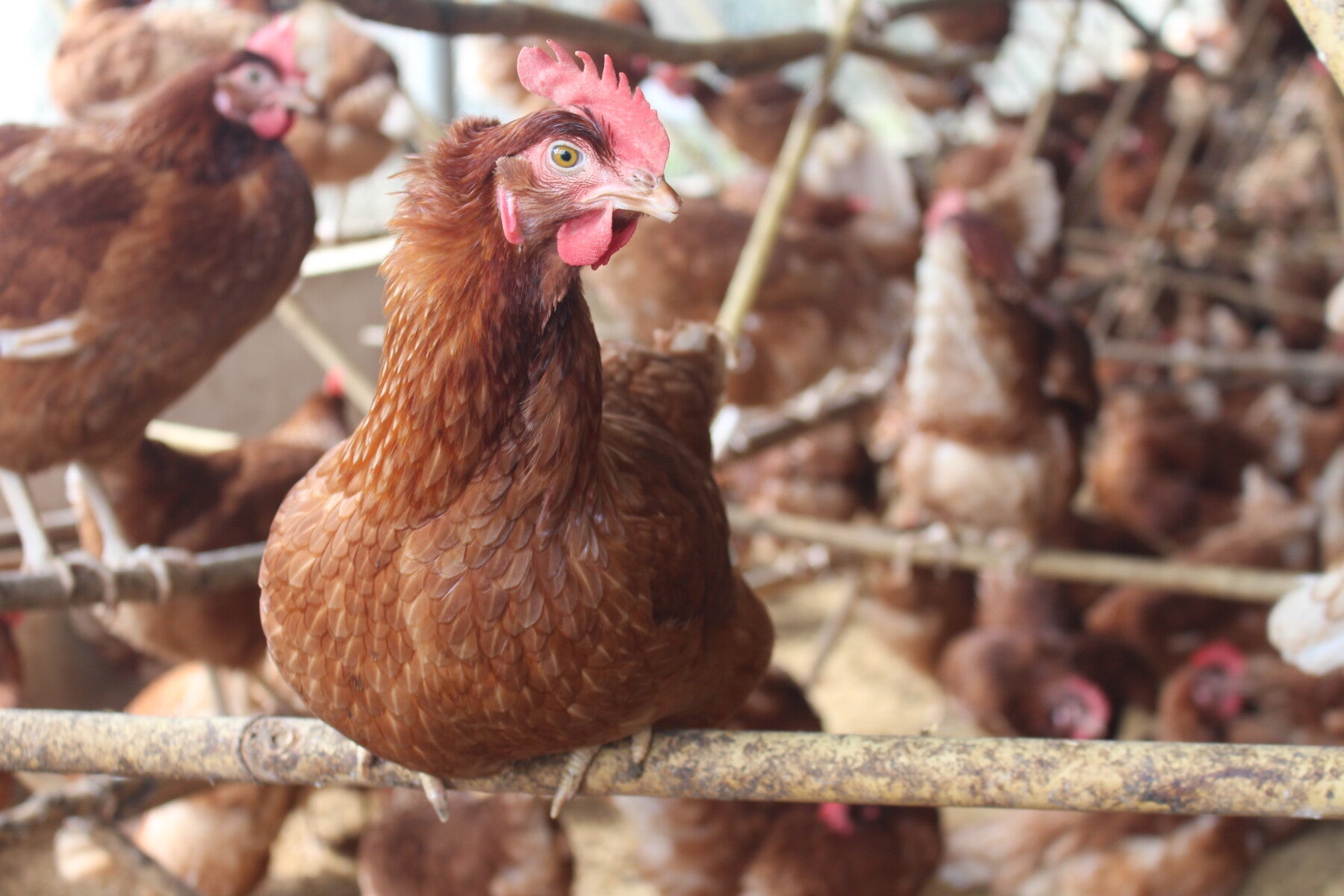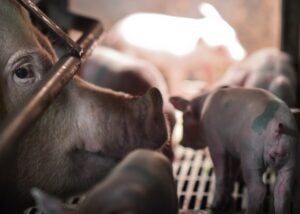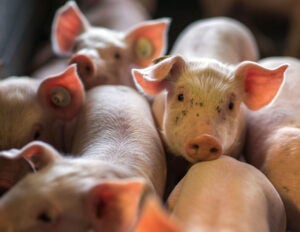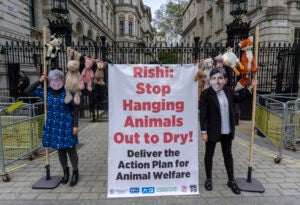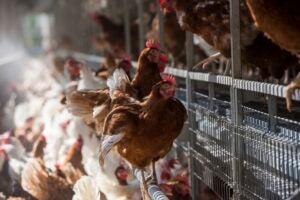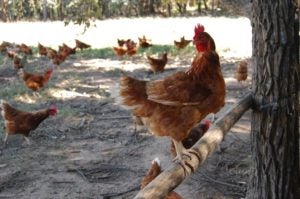
Update: As of June 2023, Kalpapruek has published that it no longer buys eggs from caged hens.
BANGKOK, Thailand— Kalpapruek, a Thai restaurant founded by Prince Bhisatej Rajani and Lady Datchari Rajani in 1975, announced its new animal welfare commitment to serve and buy eggs only from cage-free hens, starting this year. In a swift move spurred by constructive dialogues, the restaurant has transformed its policies in collaboration with the global animal charity Humane Society International.
This rapid shift acts as a glimmer of hope for the 95.8 million hens in Thailand, a majority of whom are currently confined in cramped wire cages, preventing them from spreading their wings or taking more than a single step. Cage-free production systems provide hens with the space they need to lay eggs in nests, stretch their wings, scratch the ground, and peck naturally—all of which are scientifically documented behavioral needs.
Mrs. Padaree Bunnag, CEO and Heir of Kalpapruek Restaurant said about the new policy, “My family and I are animal lovers. We want to see these hens express their natural behavior rather than living in caged confinement their entire lives. We believe it is our responsibility to create and support more responsible consumption with our customers. We would like to be a small inspiration to others in creating positive actions for animals and the environment, and believe that this world could be better with everyone’s involvement.”
Ditching caged eggs seamlessly integrates with the restaurant’s mission to make a positive impact on society, champion environmental conservation, and advocate for the welfare of animals. With this new policy, Kalpapruek is sending a clear message to the egg industry and related stakeholders: in Thailand, the future of egg production is cage-free.
“Kalpapruek is joining 50 other companies in Thailand, such as The Coffee Club and Sukishi Intergroup, that have pledged to use exclusively cage-free eggs in their supply chains. With more than 2,000 corporations around the globe—such as Burger King, Bimbo, Sofitel Saigon Plaza and Accor—having committed to go cage-free, Thailand is part of a global trend toward cage-free eggs.”, said Lalada Tangjerdjaras, Thailand Program Manager of Farm Animal Welfare and Protection for Humane Society International. She continued, “Kalpapruek is a leader in the Thai restaurant sector by deciding to source cage-free eggs. There are over a dozen producers in Thailand that are using either 100% cage-free systems or have begun to use cage-free systems, including C.P. Foods, Betagro, KCF, Akara, Omax, Sa-Nguan Farm, Naeville Organic Farm, and Be Indy Country Farm.”
Humane Society International will continue playing a pivotal role in assisting Kalpapruek in implementing this policy change and the restaurant will create materials to educate their consumers about this critical change to higher animal welfare. Humane Society International’s work to improve the welfare of animals in agriculture is both science-based and collaborative. The organization works with companies, farmers, processors, scientists and certifiers to support a transition to cage-free housing systems, and offers a wide range of support to companies including farm visits, consumer education and corporate roundtables and workshops to enhance their supply chains.
ENDS
Media contact: Lalada Tangjerdjaras, Thailand Program Manager for Farm Animal Welfare and Protection at Humane Society International : ltangjerdjaras@hsi.org

